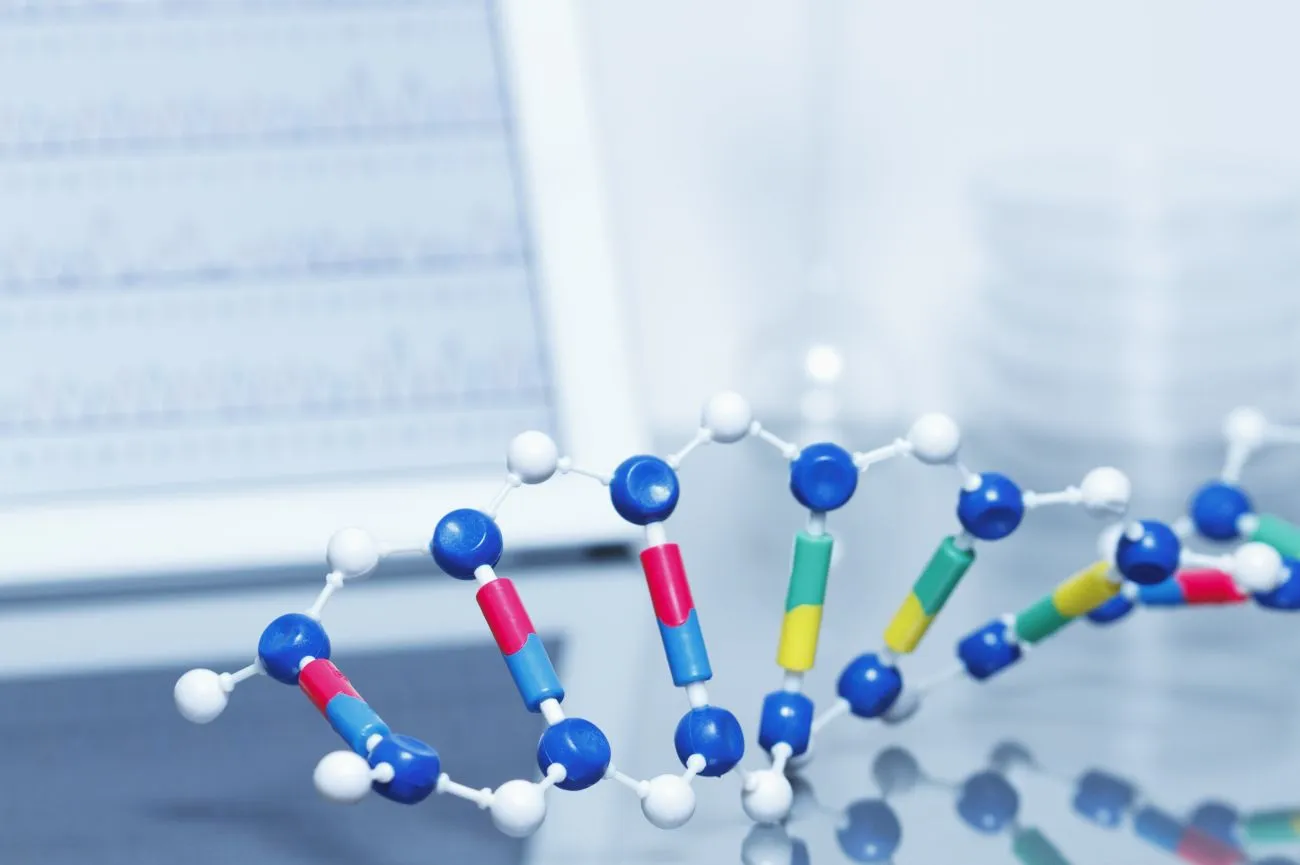Direct-to-consumer DNA tests have become massively popular in the last few years. About one in 25 adults in America has had genetic testing, and the service is only becoming more widespread. DNA tests can tell you about your family heritage, your ethnicity, and your health and wellness.
If you’re interested in DNA testing, you should understand how it works and what information you can expect in your report.
What Is DNA Testing?
DNA holds your genetic code, which determines your physical traits and characteristics. Any two people share about 99.9 percent of their DNA, but the 0.1 percent of DNA that’s different is what makes everyone unique. This 0.1 percent is what DNA tests look at.
All of your body’s cells contain DNA, so you can get a sample from your hair, skin, blood, and almost anywhere else on your body. Once you have a sample of your DNA, you can send it to a lab to be tested. In the lab, your DNA will be placed into a machine and analyzed with a DNA genotyping chip. Then, you’ll receive a report with the results of your test.
The information you’ll get in the report depends on the type of DNA test you have. DNA tests can tell you about your ancestry, your parentage, or your risk of developing or passing on a genetic disease. Tests are also often used in forensic investigations to identify suspects or victims.
There are a wide variety of types and brands of DNA tests. One of the most popular is AncestryDNA, which costs $99 and tells you about your genealogy. You can see your ancestors’ migration patterns and connect your DNA to a self-reported family tree. A similar service is 23andMe, which also charges $99 for an ancestry report. You can receive a health and wellness gene test for $199 with 23andMe, too. Other options include Living DNA, National Graphic’s Gene 2.0, MyHeritage, and FamilyTree DNA.
What Does It Test?
The three most common types of DNA that direct-to-consumer tests like AncestryDNA and 23andMe look at are autosomal, Y-chromosomal, and mitochondrial.
Autosomal DNA is found in 22 of the 23 pairs of chromosomes that almost all humans have in their cells. It’s passed on by both of your parents, and it contains information about your physical traits, ancestry, ethnicity, and disease risk.
Y-chromosomal DNA is found in the 23rd pair of chromosomes, which determines your gender. Females have two X chromosomes, and males have one X and one Y. Therefore, Y-chromosomal DNA is only found in males and is passed on from fathers to sons. It can sometimes be used for ancestral genetic testing.
Mitochondrial DNA, or mtDNA, is passed from mothers to their sons and daughters and can help you trace your maternal lineage.
Many people use DNA tests to learn about their ethnicity and ancestry. The tests can compare your DNA to regional groups around the world to give you an estimate of where your ancestors came from. The results are usually highly accurate for determining the continent you came from, but they’re less accurate on a local level. DNA tests can reveal specific ancestors as well, which is why they’re often used as paternity tests.
Some DNA tests are designed specifically to tell you about your risk for certain diseases or conditions. For example, 23andMe’s health DNA test tells you your likelihood of developing the following illnesses:
- Alzheimer’s disease
- Parkinson’s disease
- Celiac disease
- Breast cancer
- Macular degeneration
DNA tests can also tell you your carrier status for genetic diseases. If you carry a gene variant that’s linked to an illness, it may not affect you, but you may pass it on to your child. In most cases, if both parents carry the gene variant, there’s a 25 percent chance that the child will develop the disease. Knowing your carrier status can help you and your partner plan for the future, understand the health risks your children may face, and take steps to reduce the risk of health problems for your children.
You can discover information about your overall health and wellness with DNA testing, too. Although lifestyle and environmental factors play a major role in your health, your genes do make a difference. A DNA test can tell you if you’re predisposed to addiction, how likely you are to get deep sleep, and whether you’re at risk of being overweight or underweight.
Benefits
DNA testing has several benefits. It can give you information about your ethnicity, which can help you understand your heritage. The results can also inform you of your own health and wellness, so you can make healthy choices. For example, if your DNA test shows that you’re predisposed to weight gain, you can pay close attention to your diet and exercise plan to make sure you stay healthy.
If you have a DNA test to check for certain disease-causing gene variants, negative results can give you peace of mind. If the test comes back positive for a genetic disease, you’ll know to take preventive measures to reduce your risk of developing the disease or passing it on to your children. For instance, a mutation of the BRCA1 or BRCA2 gene increases your risk of breast cancer, but if you’re aware of this mutation, you can go to the doctor more frequently to catch the cancer early.
DNA testing can be a great way to learn about yourself and your family. Different tests will give you different information, so it’s important to do careful research before you buy one. If you have any concerns about the results of your test, you should speak to your doctor or a genetic counselor. Your test can provide you with valuable information about your health, and consulting with a professional will help you understand what the results mean for you and your family.
